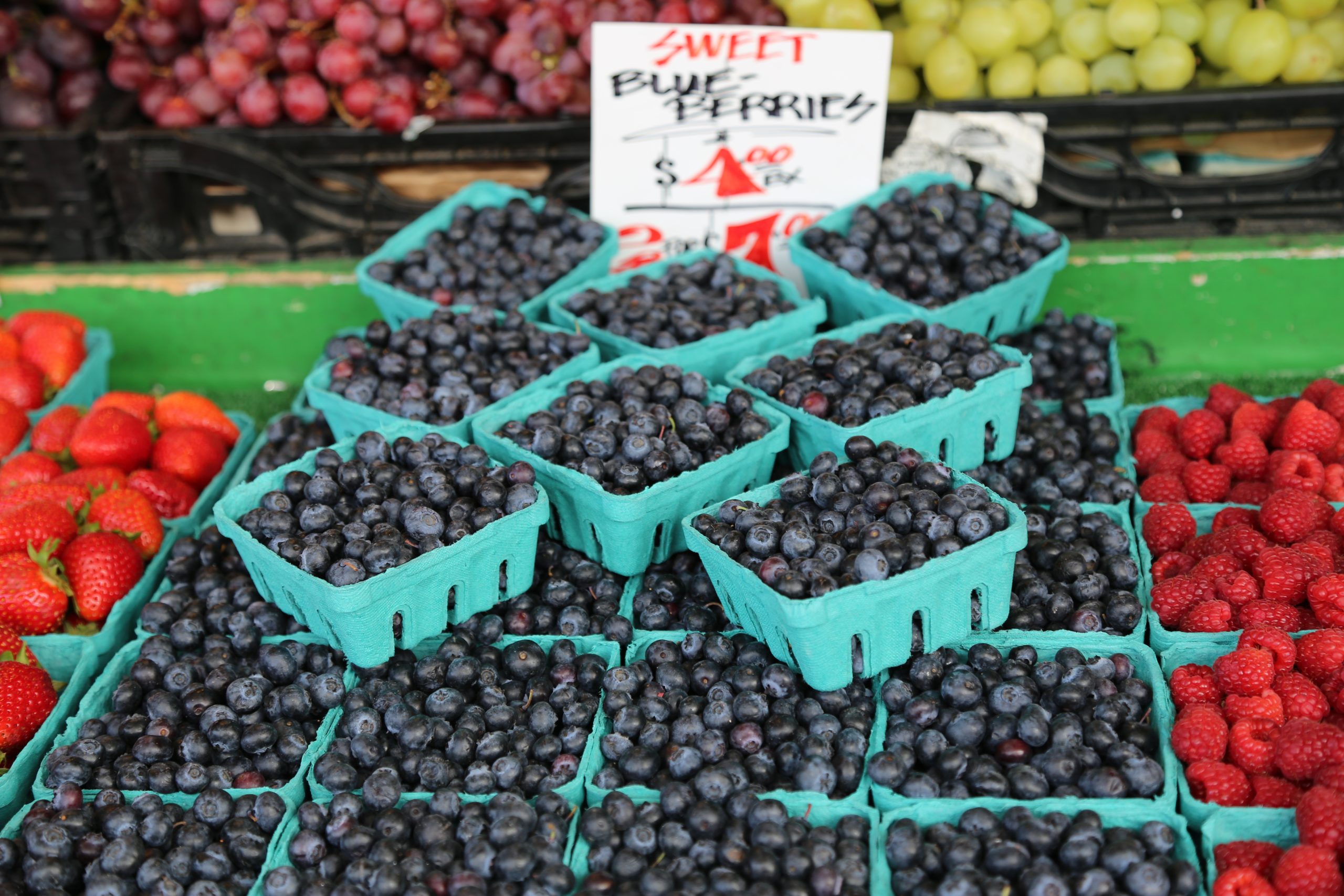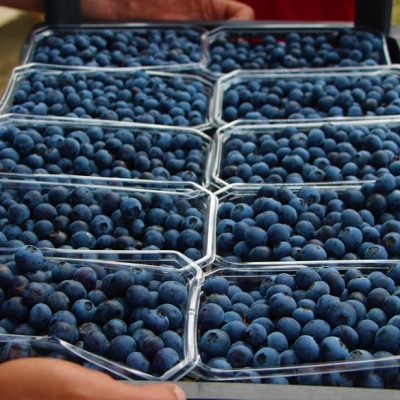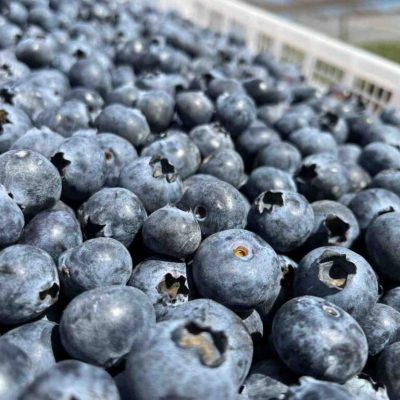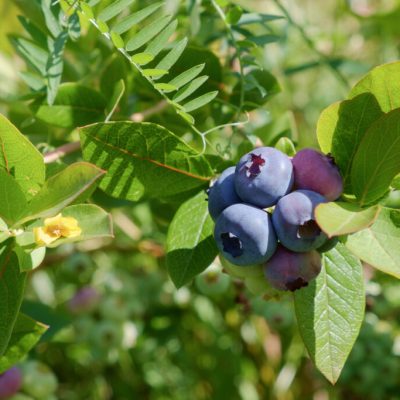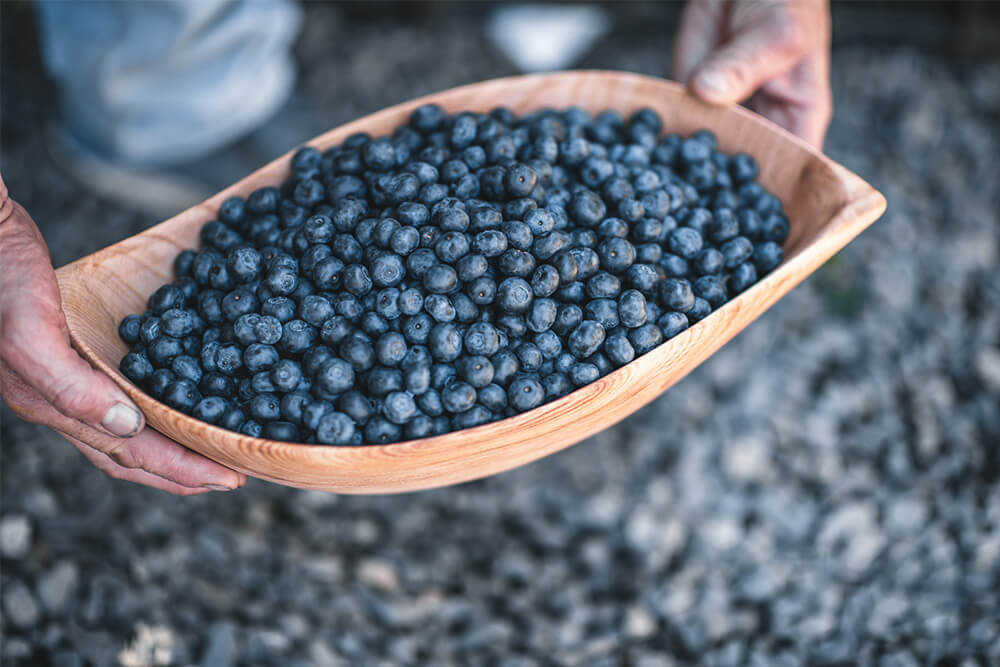Argentina ships its first batch of cold treatment quarantined blueberries to the US
Argentina’s Health and Food Quality National Service Department (Senasa) released a statement announcing the export of its first cold-treated blueberries to the United States. The four-ton shipment was sent from a Concordia facility in the Entre Ríos province after quarantine.
According to the organization, 95% of the blueberries exported are fresh, and 2% will be reserved for the local market. The remaining fruit will be used for processing and turned into raisins, frozen fruit, juices, jams, and frozen pastes for ice cream, yogurt, and pastries.
Senasa reports that 3,996,000 kilograms of blueberries underwent quarantine treatment, in compliance with the phytosanitary protocol established by the U.S. Animal and Plant Health Inspection Service (USDA-APHIS) and U.S. fruit producers in the Committee of Producers and Exporters of Fresh Fruits and Vegetables for the United States (COPEXEU).
Jorge Pazos, the president of the Argentine Blueberry Exporters Chamber (ABC) explained to FreshFruitPortal.com that Cold Treatment is an phytosanitary requirement set by the United States government, on all fruit imports entering the country by sea.
According to the regulation, The Cold Treatment protocol requires the fruit is treated for “minimum of 11 days at a constant 1.11 degrees Celsius, or 13 days at 1.17 degrees Celsius,” he noted.
The ABC president explained that this is a routine operation renewed annually, “it’s a protocol that, after many years of research and documentation, allowed us to ship the fruit only by using the Cold Treatment protocol, and scratch the of use methyl bromide fumigation.”
The news marks the start of this year’s blueberry season for Argentina, one of the top ten blueberry global producers, with Entre Ríos being its main exporting province.
23.08.24
Source: Freshfruitportal.com

